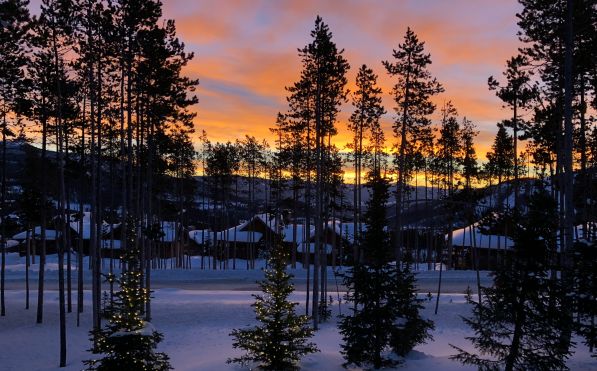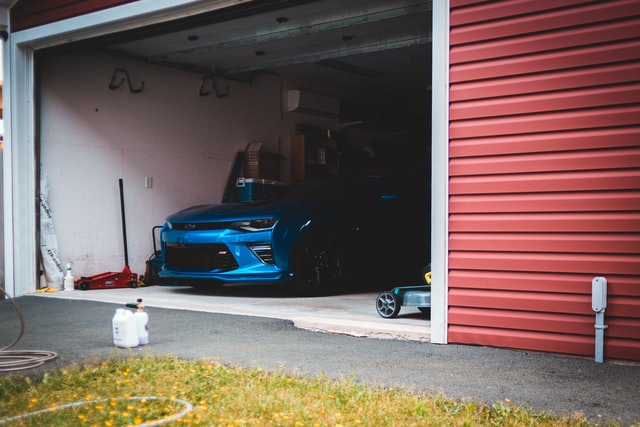
How to Prepare for a Short-Term Power Outage
Jan/03/2020 1006 Prepare for the next short-term power outage with these tips.Most Americans experience a power outage for hours or days at least once a year. Weather is often the culprit behind short-term power outages. Whether its powerful winds, snow, heat waves or hurricanes, you can prep a few things to help you get by while the lights are off.
1. Put together an emergency kit
If you lose power when the sun goes down, it’ll be hard to locate essential items. You can make life easier during a power outage by creating an emergency kit that includes the following:
· Flashlights for each member of your family with working batteries
· A first-aid kit
· Toiletries like hand sanitizer, baby wipes, dry shampoo
· Powdered baby formula and distilled water for baby
· A whistle to signal for help if needed
· Fans that can be operated by battery
· Fully charged travel battery for digital devices
· Car charger for mobile devices
Backup batteries are important for everything from flashlights to radios and appliances. A camping stove works without electricity and can help you heat food when the power is out. Batteries should be stored in a dry place at room temperature. Make sure the contacts aren’t touching.
Label your emergency kit and store it somewhere you can find it easily. Make sure there are no barriers that would prevent you from getting to it, and that it’s stored high enough to avoid getting damaged during a flood, but not too high that a latter would be required to reach it. Check your kit every six months to make sure items haven’t expired.
2. Keep a supply of water
You can go longer without food than you can without water. According to the National Safety Council, you need to keep enough water to get you through a minimum of three days. To function you will need a gallon of water per person per day. For example, for a three-day emergency, you will need 12 gallons of water for a family of four people. You will also need water for cooking, cleaning, personal hygiene, and caring for your pets.
Storing water bottles is the easiest way to keep a supply of water, but if you don’t want to spend money on water bottles, you can clean empty soda bottles or milk jugs and fill them with filtered tap water. Wash empty bottles in warm, soapy water, then sanitize them with a solution consisting of a teaspoon of liquid household bleach per gallon of water. Leave the bleach and water solution in the container for two minutes then pour it out and rinse it before use. Date the container and store it in a cool and dry place.
3. Store nonperishable foods
Water and nonperishable foods will fly off the shelves during an emergency. Keep a pantry with shelf-stable foods that do not require cooking. Great options include:
· Nut butters
· Trail mix, nuts, raisons, etc.
· Powdered or evaporated milk
· Canned tuna
· Dried meat like jerky
· Crackers and chips
· Cereal
· Granola bars
· Canned or dried fruit
· Canned fruit or vegetable juice
· Canned vegetables
· Beef or chicken bouillon for broth
· Instant coffee and tea
· Cookies
· Chocolate
· Pet food for your four-legged family members
You will also need a manual can opener and scissors, so you can access all your food. Buying in bulk can be cheaper but be aware of expiration dates since discount stores will often sell food that is about to expire.
4. Don’t forget about fuel
Gas stations are powered by electricity. If a storm is coming, be sure to fill up your tank before it hits. If you want to be able to cook with a propane or charcoal BBQ, store bags of charcoal and an extra propane tank.
5. Prep for cold weather
If the power goes out, you won’t have a way to heat your home during a winter storm. Store heavily blankets and quality sleeping bags for every member of your family.
Use these tips to stay comfortable and prepare for a short-term power outage.




